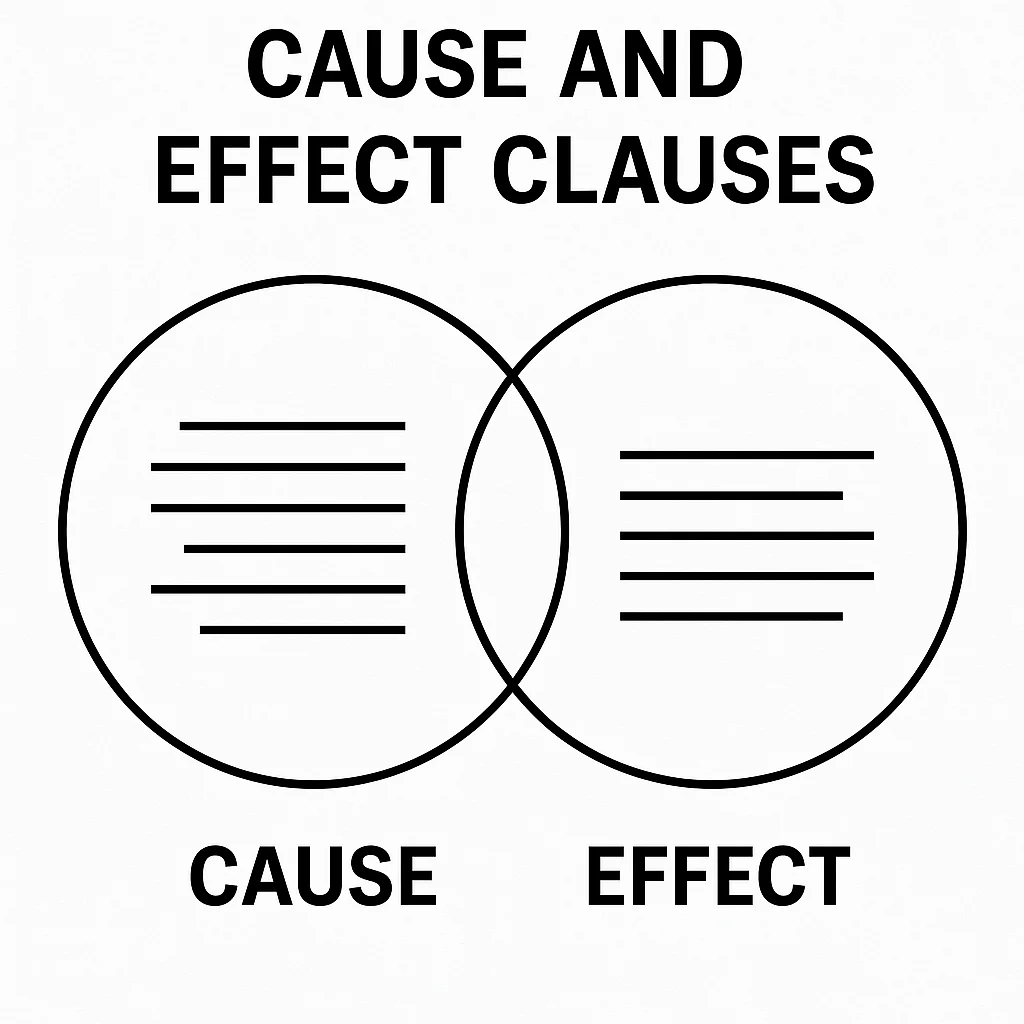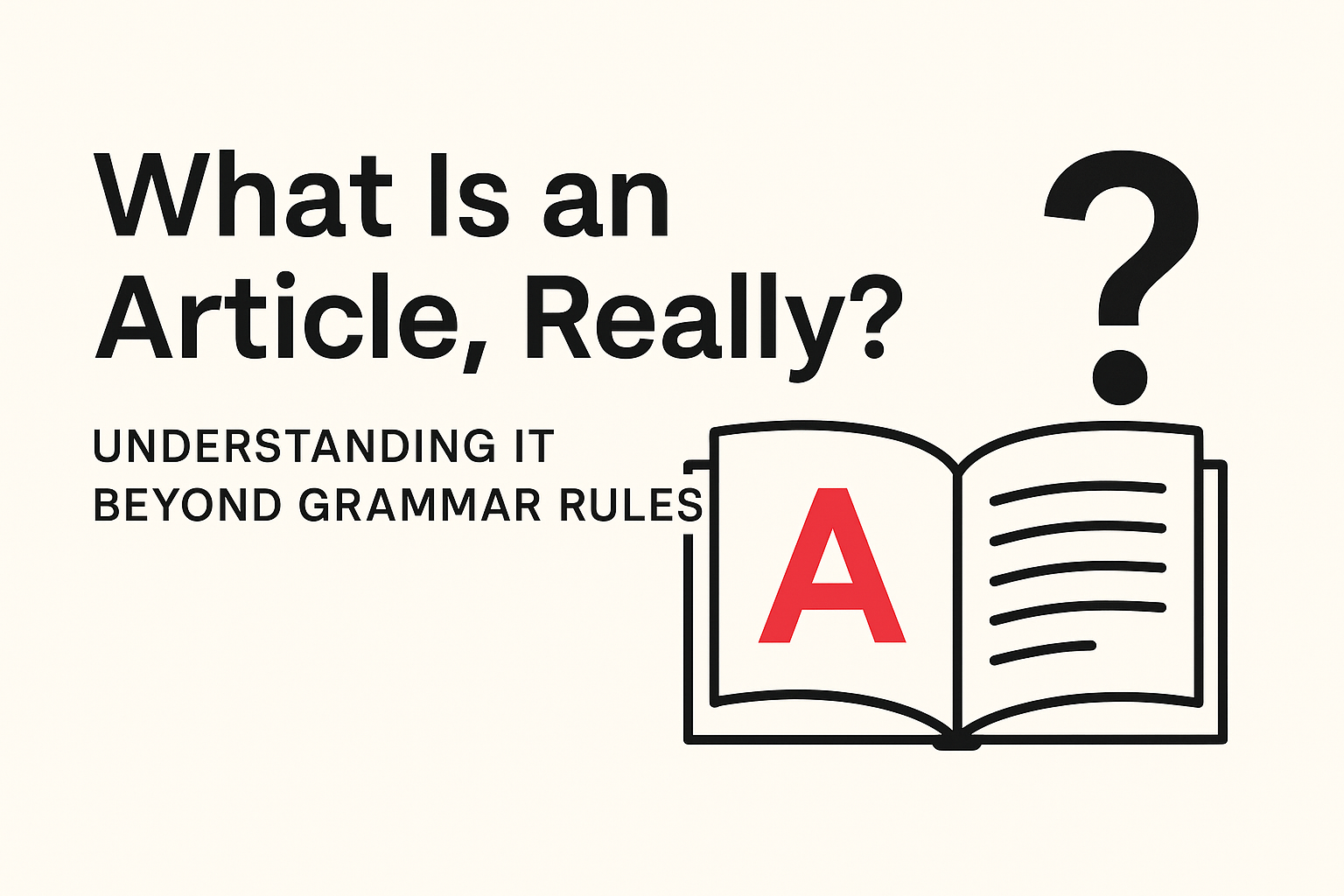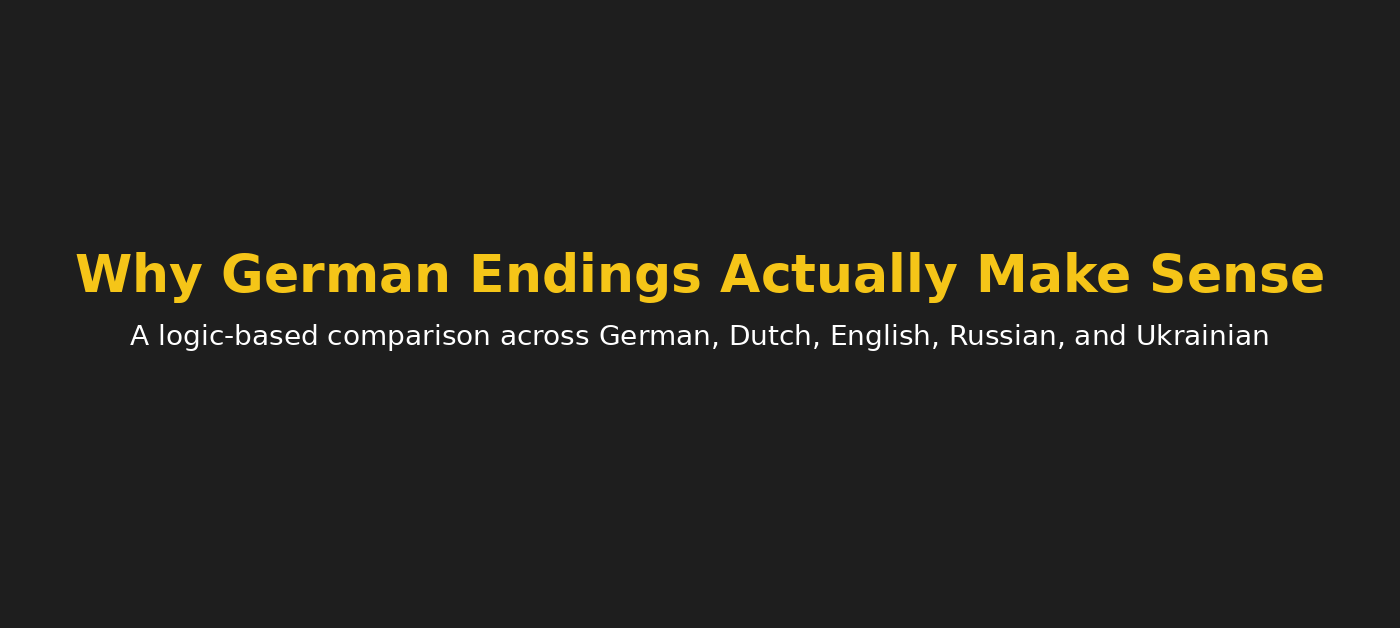Author’s Column — Tymur Levitin
Выберите язык
Visualizing the balance between meaning and grammar
Why Learners Get Stuck on German Word Order
Textbooks divide sentences into Hauptsatz (main clause) and Nebensatz (subordinate clause). Learners are often told to memorize lists:
- “These conjunctions → verb at the end”
- “Those ones → verb stays in position 2”
This approach leads to mental overload. In conversation, there’s no time to recall which of the 20 conjunctions you’re dealing with. Worse, some words behave differently depending on the sentence — especially trotzdem.
A Simpler Mindset: Cause vs Effect
After 22 years of teaching, I’ve found a method that works far better in practice.
Forget the label. Ask instead:
Does this clause explain a cause or express an effect?
🔹 If it’s a cause (reason, background)
→ The verb goes to the end.
weil, obwohl, da, ob, falls, trotz (in spite of)
Ich bleibe zu Hause, weil ich müde bin.
Er fragt, ob du Zeit hast.
🔹 If it’s an effect (result, contrast, consequence)
→ The verb goes to position 2 (sometimes position 1 after inversion).
deshalb, dann, trotzdem, daher, sonst
Trotzdem geht er zur Arbeit.
Deshalb habe ich abgesagt.
Dann fangen wir an.
The Two Faces of “Trotzdem”
“Trotzdem” confuses students because it appears in two different forms:
| Form | Значение | Example | Verb Position |
|---|---|---|---|
| trotzdem dass (rare) | in spite of the fact that | Ich ging, trotzdem dass ich müde war. | Verb at the end |
| trotzdem (adverb) | nevertheless / even so | Trotzdem ging ich. | Verb in 2nd (with inversion) |
💡 Tip:
If there’s a dass, it’s a subordinate clause → verb at the end.
If not → treat “trotzdem” like “deshalb” or “daher” → verb 2nd.
Coordinating Conjunctions That Don’t Change Word Order
There are four “neutral” connectors: aber, oder, denn, und.
They don’t affect the verb position. You can remove them — both parts still stand.
Ich komme, aber ich bin müde.
Du gehst, oder du bleibst.
No cause, no effect — just two main clauses joined together.
Real-Life Advantage: Speed and Clarity
In real conversation:
- You won’t have time to remember which word belongs to which category.
- You will always have time to ask yourself:
→ “Am I explaining a cause, or continuing with an effect?”
This rule will survive stress, speed, and switching topics — much better than memorized charts.
Quick Language Comparisons
| Язык | Cause | Effect |
|---|---|---|
| Английский | because I am | so I went |
| Испанский | porque estoy | por eso fui |
| Немецкий | weil ich bin | deshalb ging ich |
The meaning is global. The word order is what differs — and that’s what this logic helps you master.
Why I Teach This Way
This approach is not a shortcut — it’s a framework.
It respects the grammar rules. But it explains them through meaning and logic, not memorization.
I don’t tell students “just do this because it’s a Nebensatz.”
I ask: “What are you trying to say — the reason, or the result?”
That one question changes everything.
Further Learning
- Explore our German course page: https://levitinlanguageschool.com/studying-german-easy/
- Похожие статьи: Why You Should Never Say “Ja, ja” in German
Заключение
Grammar is important. But understanding is more important.
When you switch from memorizing to meaning-based thinking, your confidence improves, your mistakes drop, and the German language finally feels logical.
© Тимур Левитин — Founder, Director & Head Teacher
Levitin Language School / Start Language School by Tymur Levitin
Slogan: “Global Learning. Personal Approach.”
























